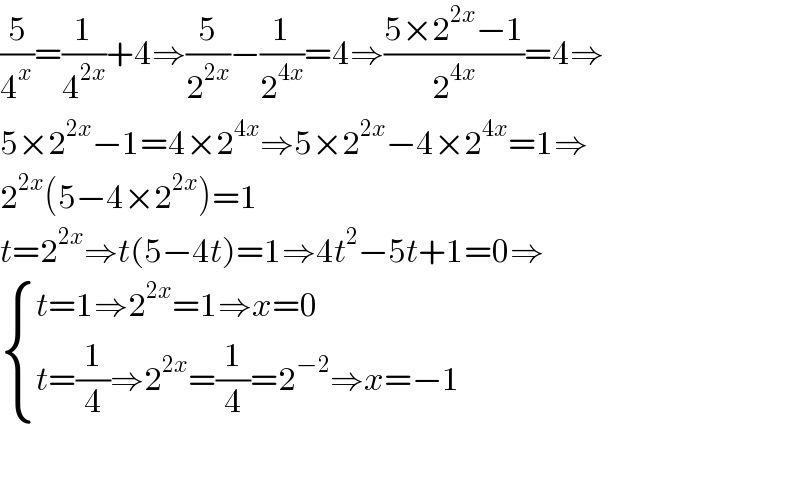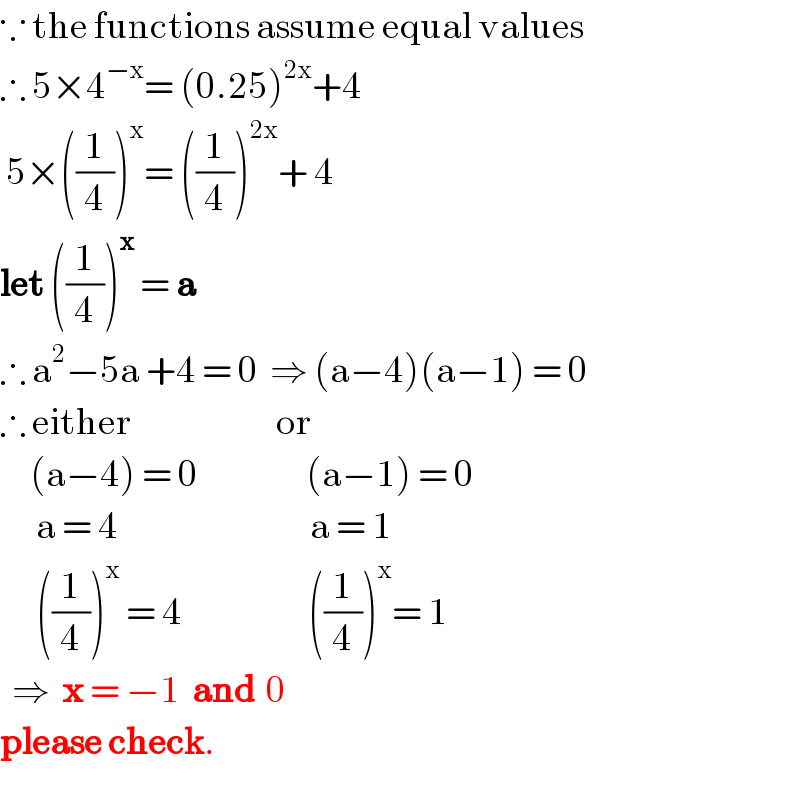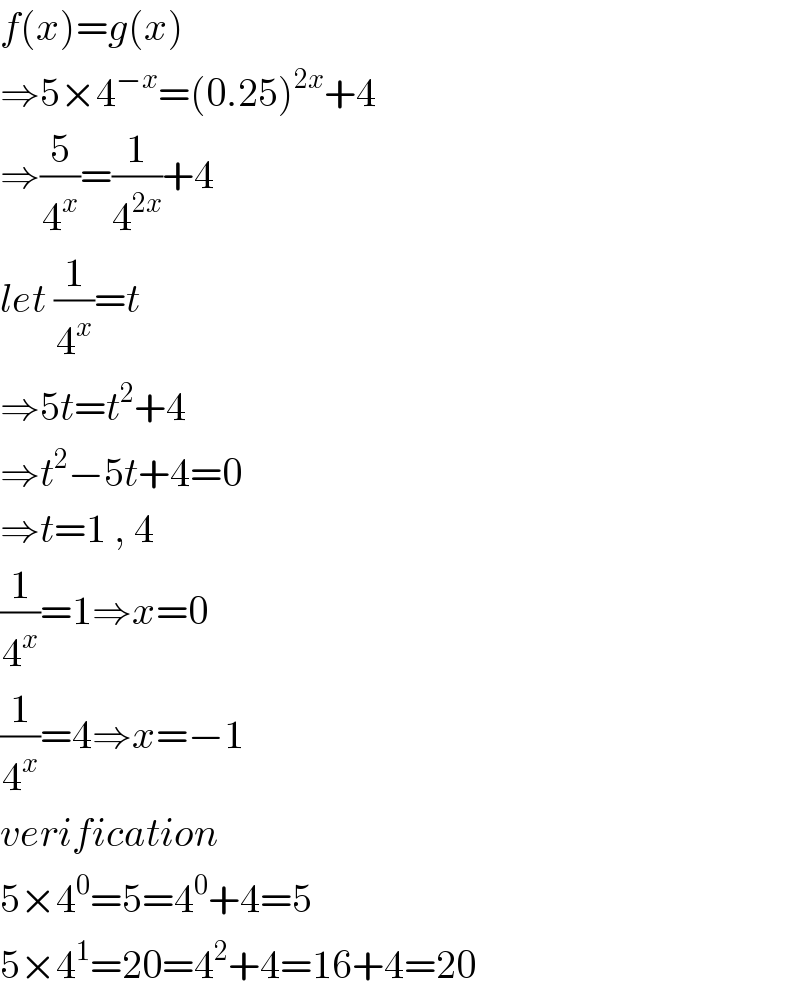
Question and Answers Forum
Question Number 70147 by Maclaurin Stickker last updated on 01/Oct/19

Commented by kaivan.ahmadi last updated on 01/Oct/19

Commented by Prithwish sen last updated on 01/Oct/19

Commented by Maclaurin Stickker last updated on 01/Oct/19

Commented by Maclaurin Stickker last updated on 01/Oct/19

Answered by Kunal12588 last updated on 01/Oct/19

Commented by Maclaurin Stickker last updated on 01/Oct/19

